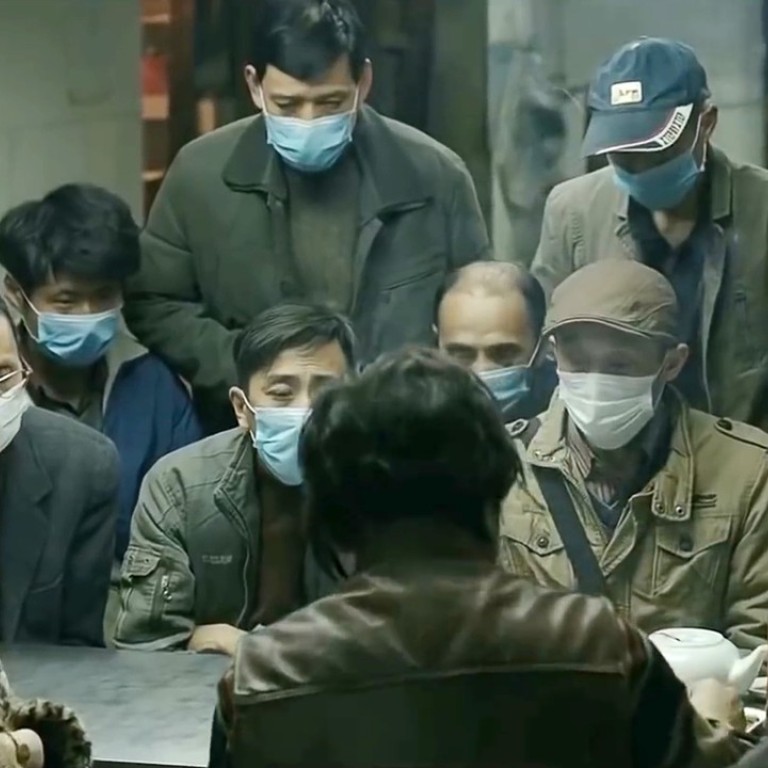
Spike in traffic for insurance products on Alipay, WeChat after hit Chinese comedy inspires uptake
Dying to Survive, loosely based on stories of leukaemia patients walking on the wrong side of the law to access generic Indian medicines, has earned more than 2 billion yuan in the first nine days of its release
Dying to Survive, a Chinese comedy film loosely based on the real life stories of leukaemia patients walking on the wrong side of the law to access cheap, life-saving generic Indian medicines, has earned more than 2 billion yuan (US$300 million) in the first nine days of its release, according to data provided by domestic ticketing provider Maoyan.
And now mainland insurance companies are hoping the film, made with an estimated budget of about US$15 million, will bring a windfall for them as well, by reiterating to China’s growing middle classes the importance of safeguards and financial protection against such contingencies.
A more far-reaching influence of the film would be how it can help nudge governments into reforming the state health care system
Insurers such as Cigna & CMB Life Insurance, Sinosafe Insurance, China Life Insurance, Anbang Property and Casualty Insurance and Foresea Life Insurance took to their accounts on WeChat, the Chinese social media platform that boasts one billion monthly active users, to take advantage of the film’s popularity and advertise the benefits of coverage.
The Beijing-based Insurance Association of China was touting the importance of commercial insurance just a day after the film was released countrywide.
“It’s true, commercial health care insurance cannot guarantee we will never fall victim to diseases, but it can increase our health care protection, giving us shelter when dread illnesses hit us,” said the association.
Health insurance is still not widely used in mainland China, despite rapid growth in the past seven years.
But early data from technology majors Ant Financial and Tencent Holdings suggests Dying to Survive’s box office magic may be spreading beyond the film industry.
Traffic for insurance products on Ant Financial’s mobile and online payments platform Alipay rose fourfold during the weekend of the film’s release, while Tencent reported a doubling in the number of new users of insurance products, especially health and severe illnesses insurance, on its WeChat platform since the film’s release.
On the mainland, health insurance premiums accounted for 0.53 per cent of GDP in 2017, up from 0.17 per cent in 2010, according to China Finance, a magazine affiliated with the People’s Bank of China, the country’s central bank. They grew to 439 billion yuan in 2017, or six times the level in 2010, according to insurance association data. Per capita expenditure on health insurance rose to 316 yuan last year, again six times the level in 2010, but it still lagged behind that in developed countries.
Zhu Jie, assistant general manager at the Shanghai branch of Aviva-Cofco Life Insurance, said Dying to Survive can be a timely reminder for people to act.
“It is not that they do not know the benefits of insurance, but people are often prone to taking chances, sometimes even until it is too late, when mishaps actually happen.”
It remains to be seen if the film’s popularity will translate into growth in insurance premiums over the long term, depending on insurers’ product designs, marketing strategies and follow-up services, he said.
“People are forgetful,” he added. “In some sense, a more far-reaching influence of the film would be how it can help nudge governments into reforming the state health care system.”
Ant Financial is an affiliate of Alibaba Group Holding, which owns the South China Morning Post.

